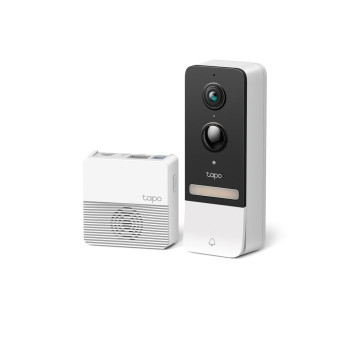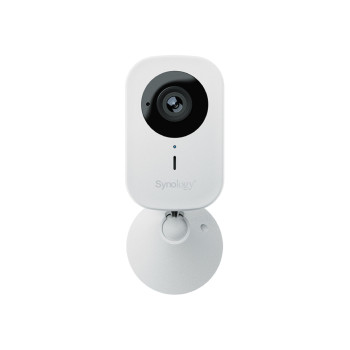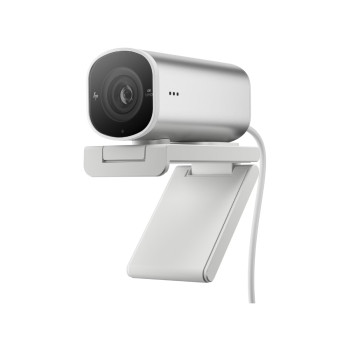Security Cameras & Systems

Finance available

Finance available
Free Delivery *

Finance available
Free Delivery *
FAQs
Whether wired or wireless security cameras are better depends on your specific needs and preferences. Wired security cameras tend to offer more reliable connections and consistent video quality, as they are not affected by Wi-Fi interference or signal drops. They are generally better suited for larger properties or long-term installations, although they do require more complex setup involving cables and professional installation in some cases. Wireless security cameras, on the other hand, are much easier to install and offer greater flexibility in terms of placement. They are ideal for renters, smaller homes, or those who prefer minimal wiring.
The ideal placement of a security camera depends on the areas you wish to monitor and the layout of your property. Generally, it is recommended to install cameras near entry points such as front doors, back doors, and ground-floor windows, as these are the most common access points for intruders. Driveways, garages, and garden gates are also key areas to consider. For indoor cameras, placing them in main living areas or hallways can help capture activity within the home. It is important to position cameras at an angle that provides a clear, wide view while minimising blind spots.
Choosing a home security system involves assessing your specific security needs, property size, and personal preferences. Start by considering the level of coverage you require, including whether you need outdoor cameras, indoor monitoring, or both. Evaluate the features offered by different systems, such as motion detection, night vision, mobile alerts, and remote viewing capabilities. It is also important to consider whether you prefer a system that is professionally monitored or one that allows self-monitoring through a mobile app.
Digital security cameras, often referred to as IP cameras, generally offer superior image quality and more advanced features compared to analogue cameras. They provide higher resolution footage, which allows for clearer details and better zoom capabilities. Digital cameras also support remote access, making it easier to view live feeds and recorded footage from mobile devices or computers. Analogue cameras, while typically more affordable, tend to have lower image quality and limited features. However, they can still be effective for basic surveillance needs, especially in smaller properties or where budget constraints are a priority.
